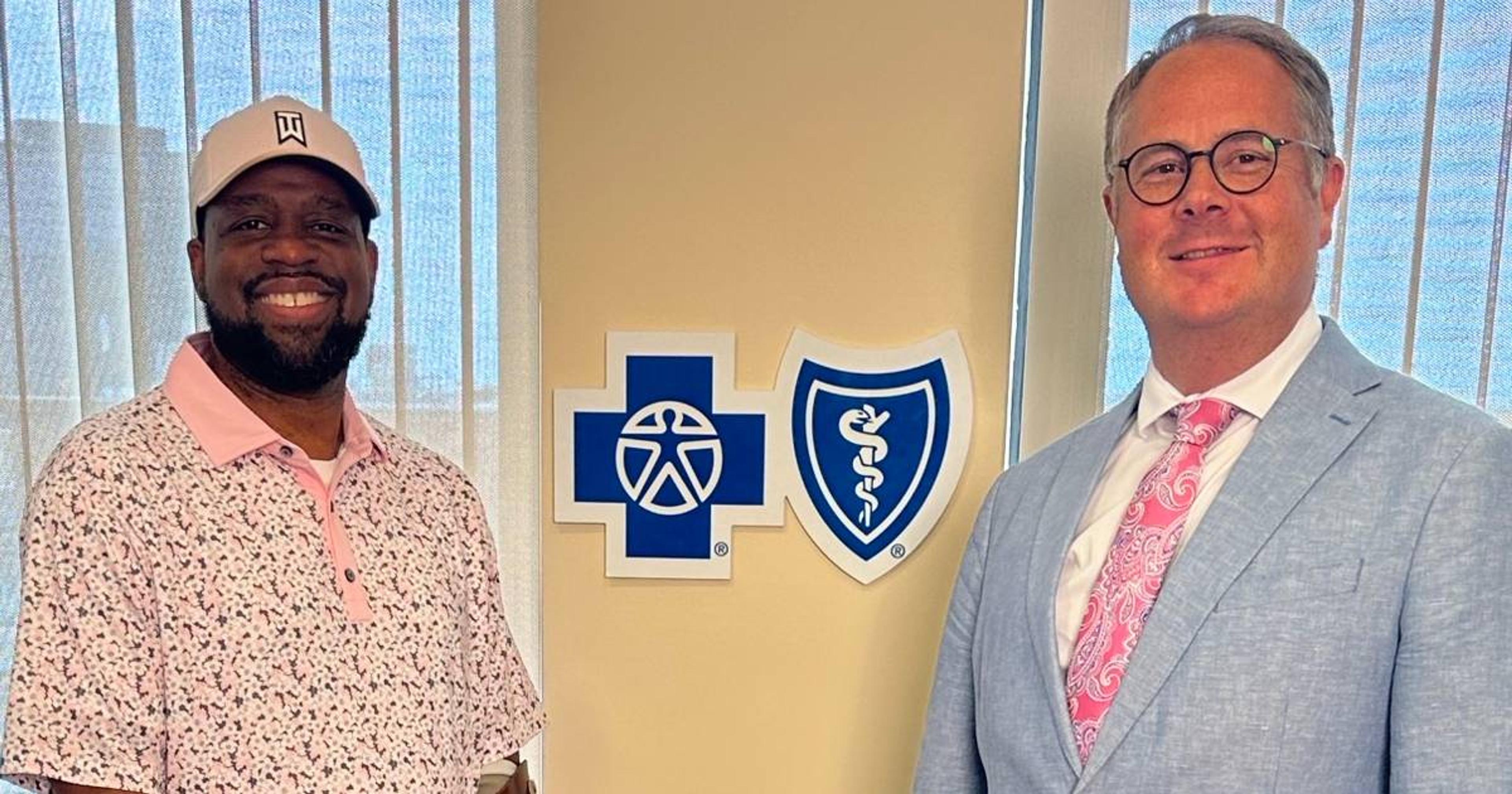Employers “Sharing Solutions” About Opioids in Workplace
Julie Bitely
| 3 min read

For employers, helping workers overcome an opioid use disorder can feel like a lonely battle, but it doesn’t have to be. Kathryn Traver is the vice president of the U.S. Chamber of Commerce Foundation. She said her organization has been hearing for a while about businesses affected by the opioid epidemic through productivity loss, hiring challenges and safety issues on the job. Employees are also struggling to help their own family members seek treatment, which can mean time off work and difficulty meeting work obligations. In fact, the estimated yearly economic impact of substance use disorder is $442 billion dollars and affects nearly 21 million Americans nationwide, with nearly 75% of affected individuals in the workplace. In March, the foundation launched a Sharing Solutions initiative, which features an online resource hub created to provide employer resources to help address the opioid epidemic in the workplace. The organization is also traveling around the country to discuss how the business community can play a critical role in combating the opioid crisis in both the workplace and community at large. Two panel discussions took place on Tuesday, July 30 in Battle Creek as part of the tour. “We’re here today to talk about solutions,” Traver said, kicking off the event, which drew an audience at the W.K. Kellogg Auditorium. A panel featuring experts was moderated by Anton Bizzell, M.D., fellow, U.S. Chamber of Commerce Foundation and included Duane DiFranco, M.D., vice president, Medicare Stars and Clinical Performance, Blue Cross Blue Shield of Michigan and Susan Lorenz-Fisher, senior director, Corporate Citizenship, AmerisourceBergen Foundation. An additional panel included local success stories and was moderated by Jeff Horwitz, chief operating officer, SAFE Project US. Speakers included Meghan Taft, community outreach coordinator, Summit Pointe; Kristi Angelo, retired trooper, Michigan State Police; Michael Chapman, D.O., executive director, Medical Affairs, Oaklawn Hospital; and Sheriff Matthew Saxton, Calhoun County. The Sharing Solutions website provides information in four key categories for employers:
- Supporting Employees – provides ideas for drug misuse prevention and treatment initiatives to keep employees and their families healthy and safe.
- Changing Business Practices – focuses on how companies in the health care pipeline are making operational changes to mitigate and prevent opioid misuse.
- Applying Core Competencies – highlights ways businesses are using their resources, expertise and relationships to create solutions.
- Engaging Communities – underlines how corporate philanthropic efforts and community relations programs can enable partnerships that support drug misuse prevention and treatment.
DiFranco, who co-chairs BCBSM’s opioid taskforce, said as the largest insurer in the state of Michigan, Blue Cross is uniquely positioned to be a key player in the fight against opioid misuse. “We’re seeing what corporations and employers throughout our state and throughout the country are seeing in terms of issues with absenteeism and issues with job performance,” DiFranco said. He said great strides have been made in the fight against opioid abuse and that further collaboration is needed to continue progress in the right direction. Blue Cross is part of the Michigan Opioid Partnership, which recently committed $5 million for programs focused on treating opioid addiction in Michigan. DiFranco said other efforts such as policies that help regulate opioid usage, building partnerships and philanthropy targeted at each individual community’s unique issues are all important ways Blue Cross has stepped up to help Blue Cross members and Michiganders in general when it comes to reducing the devastating effects of opioid misuse. If you found this post helpful, check these out:
- CLIMB Opioid Treatment Program Shows Promise
- New Form Lets Patients Refuse Opioids
- Michigan Opioid Partnership Commits $5M for Programs Focused on Treating Opioid Addiction in Michigan
Photo credit: Tinpixels





